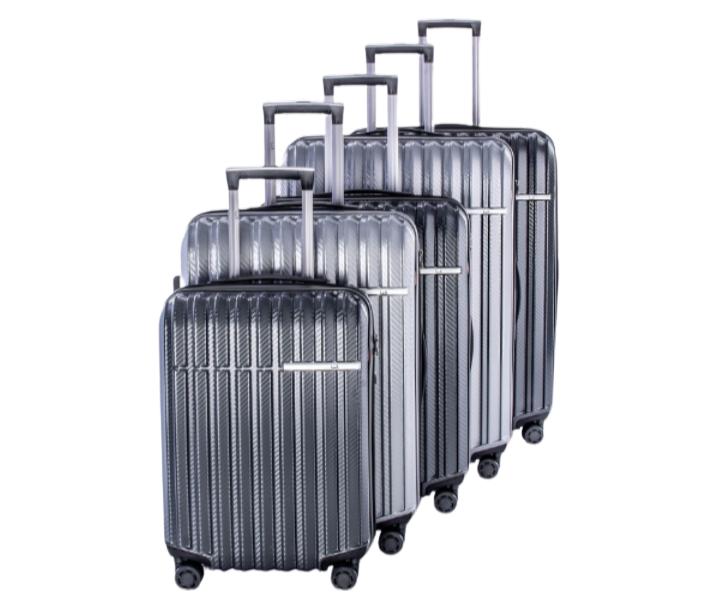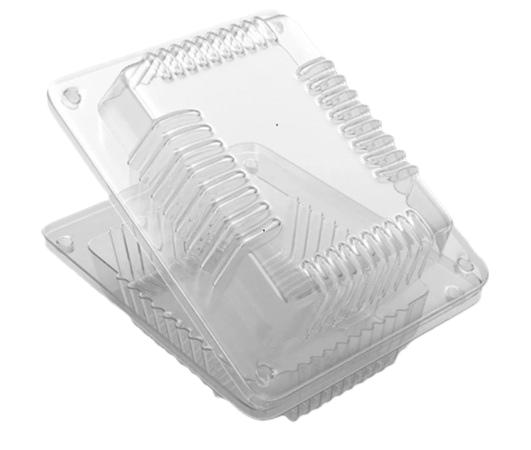THERMOFORMING PROCESS & OVENS
WHAT IS THERMOFORMING?
Thermoforming is a manufacturing process where a plastic sheet is heated until pliable, shaped into a specific form using a mold, and trimmed to create a finished product. This process is widely used for producing lightweight, durable, and cost-effective parts across a variety of industries. Its versatility allows manufacturers to create products with intricate shapes and details, making it ideal for applications requiring precision and customization. Additionally, thermoforming supports a range of material options, enabling tailored solutions for specific performance requirements.
the Benefits of Thermoformed Materials
Cost-Efficiency
: Tooling and production costs are lower with thermoforming as compared to other forming methods.Flexibility
: Due to its relatively simple and low-cost tooling requirements, thermo allows for rapid prototyping and design modifications due to its relatively simple and low-cost tooling requirements compared to processes like injection molding.Scalability
: Thermoforming is Ideal for both small and large production runs due to its cost-effective and scalable nature. For small runs it offers inexpensive molds, quick setup/changeovers, and unique or customized designs without the high costs of other methods. For large production runs, modern thermoforming equipment enables high-speed production, minimizes material waste through continuous processes like roll-fed systems, and utilizes durable tooling to maintain efficiency and quality over long-term use.Material Versatility
: Thermoforming offers material versatility, working with a wide range of plastics. This flexibility allows manufacturers to choose materials that meet specific application requirements, from durability to aesthetic appeal.
materials most commonly used for thermoforming

-
Acrylic (PMMA)
- Polymethyl methacrylate is a synthetic resin known for its clarity and impact resistance. It is often used as a substitute for glass in products such as shatterproof windows, illuminated signs, and aircraft canopies.
-
Polypropylene (PP)
- Polypropylene is a common thermoplastic polymer. It is lightweight and resistant to chemicals, moisture, and flames.
-
Polyethylene (PE)
- Polyethylene is the most prevalent plastic. It’s durable and commonly used for packaging, plastic bags, containers, and bottles.
-
Polystyrene (PS)
- Polystyrene is a synthetic polymer. It can be used solid or foamed and is an inexpensive resin.
-
ABS (Acrylonitrile Butadiene Styrene)
- ABS is an opaque thermoplastic. It is tough and ideal for structural components.
The Thermoforming Process and Horizon Cyclone Oven™ Benefits
Experience precision and performance at every stage of plastic thermoforming with Horizon’s Cyclone Technology™. From uniform heating to efficient cooling, our advanced system ensures consistent quality, faster cycles, and reliable results—even for complex shapes.
-
Heating the Plastic Sheet
- Process: The sheet is evenly heated to a specific temperature to become pliable without degrading its properties.
- Horizon Advantage: Cyclone Technology™ delivers uniform heat distribution, reducing hot spots and ensuring consistent material quality.
-
Shaping the Plastic with a Mold
- Process: The heated sheet is placed over or into a mold, where vacuum, pressure, or mechanical force is applied to form the desired shape.
- Horizon Advantage: Precise temperature control minimizes warping and ensures accurate mold conformance, especially for complex shapes.
-
Cooling and Trimming the Formed Part
- Process: The shaped part is cooled to retain its new form and trimmed to remove excess material.
- Horizon Advantage: Optimized airflow enhances cooling efficiency, speeding up production cycles and maintaining part integrity.
-
Post-Processing (Optional)
- Process: Additional finishing steps, such as painting, assembly, or surface treatments, may be performed.
- Horizon Advantage: Consistent output quality reduces the need for extensive finishing, saving time and resources.
Industries that benefit from industrial thermoforming

-
Automotive
: Interior panels, dashboards, and protective covers -
Packaging
: Food containers, blister packs, and clam shell packaging -
Medical
: Custom trays, device housings, and sterile packaging -
Construction
: Wall panels, skylights, and decorative elements -
Aerospace
: Lightweight interior panels and components -
Consumer Goods
: Household items, toys, and appliance parts -
Industrial Equipment & Electronics
: Equipment housings and panels, shipping trays for electronics
Ready to Optimize Your Manufacturing Process?
At Horizon, we're not just building an industrial thermoforming oven; we're creating solutions that drive your business forward in a cost-saving, eco-friendly way. Contact us today to discuss your needs and discover how a custom Horizon Oven with Cyclone Technology™ can revolutionize your manufacturing process!

